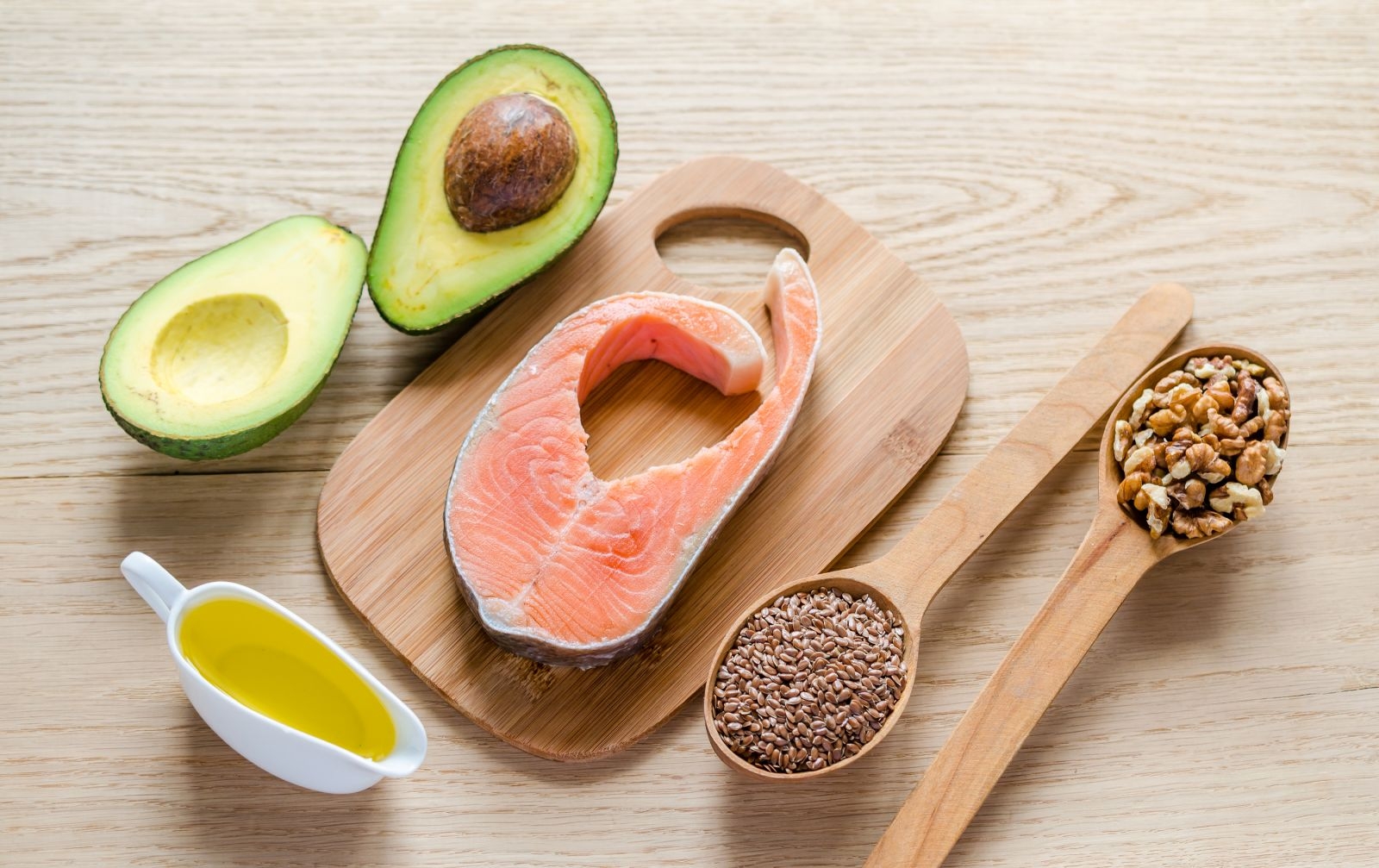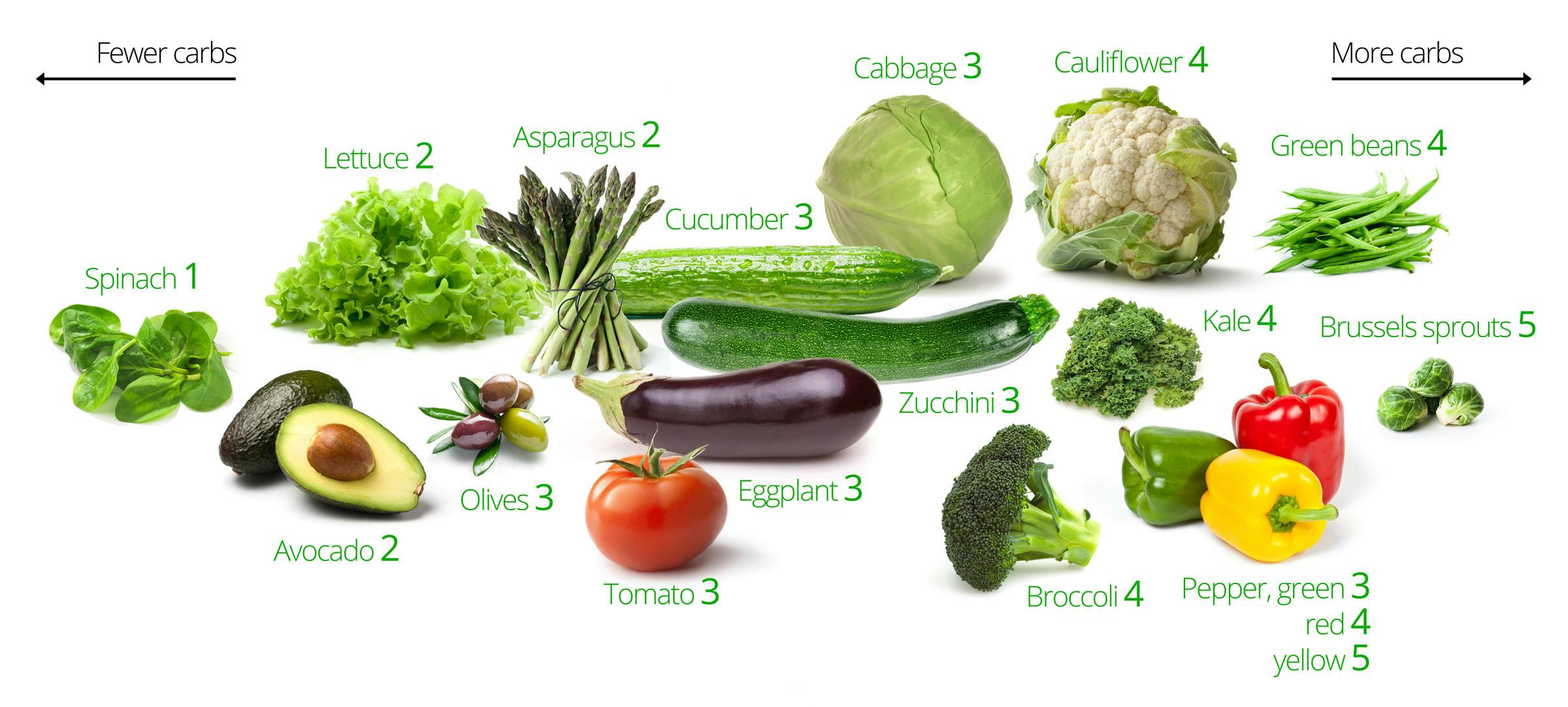
 The Ketogenic Diet: Fat Is Not Fattening
The Ketogenic Diet: Fat Is Not Fattening
The vast majority of food commonly eaten by people throughout the UK (and indeed the West more broadly) contains a truly ridiculous amount of sugar.
The best example of this is fizzy drinks, half of which have more than the recommended daily adult intake, but chocolate, sweets, yogurt, sauces, soup and cereal are also notorious offenders. This is primarily because sugar is addictive, and thus food producers (all of which are owned by just ten companies) can ensure more unwavering ‘consumer loyalty’. Of course, profit is their objective, not wellbeing, and so the effects that so much sugar has is of little importance to the likes of Coca-Cola, Nestlé and Danone.

Having glucose (which is what sugars, carbohydrates and excessive protein are broken down into during digestion) as your main form of fuel is a good way to put yourself at risk of obesity and heart disease. This is because when you are consuming lots of sugars, carbs and protein, the fats that you consume are not needed for fuel thanks to the abundance of glucose, which is more readily broken down by the body. The fats are then stored, theoretically for when you run out of glucose, but since you never run out of glucose, those fats not only never get burnt, but they are compounded.
The most effective way to get out of this cycle is to switch to what is known as a ketogenic diet, meaning a diet where ketones are being created, not glucose. Ketones are an alternative energy source that are the result of fats being broken down. It may sound crazy, but it turns out eating fat is the best way to lose weight! Our bodies, thanks to the amount of sugar present in food, are adapted to using glucose, but they are very flexible. If deprived of food that contains glucose (primarily carbohydrates and sugar), whilst also being provided with lots of fat, it will not take long for it to switch over to a state of ketosis.
Eating lots of natural fats such as butter, oils, fish, and some above-ground vegetables, whilst avoiding starchy food (potatoes, bread, pastries, and pasta), beer (don’t worry, coffee and red wine are both still fine) and sweets, will help you on your way to ketosis. It is a lie that fat is fattening. Sugar lobbying company the Sugar Association, funded influential research in 1967 to promote fat, not sugar, as the leading cause of obesity and heart disease.

The benefits of a ketogenic diet are pretty great. Aside from the weight loss, research has shown that switching fuel supplies improves your alertness and physical performance, and leads to reduced hunger. This is all because ketones are a more stable and long-lasting fuel than glucose. Of course, there might be a bit of a bumpy transition (known as the keto flu), including temporary fatigue, reduced immediate physical performance, constipation and nausea, but these are all just signs that you body is making the changes necessary to switch over to ketosis. They are good signs. Replacing water and electrolytes to your body is a good way to overcome them, but ultimately, persevering for a few days while they pass is the answer.
By Ed Edwards. Find my blog at faithintheroad.com
